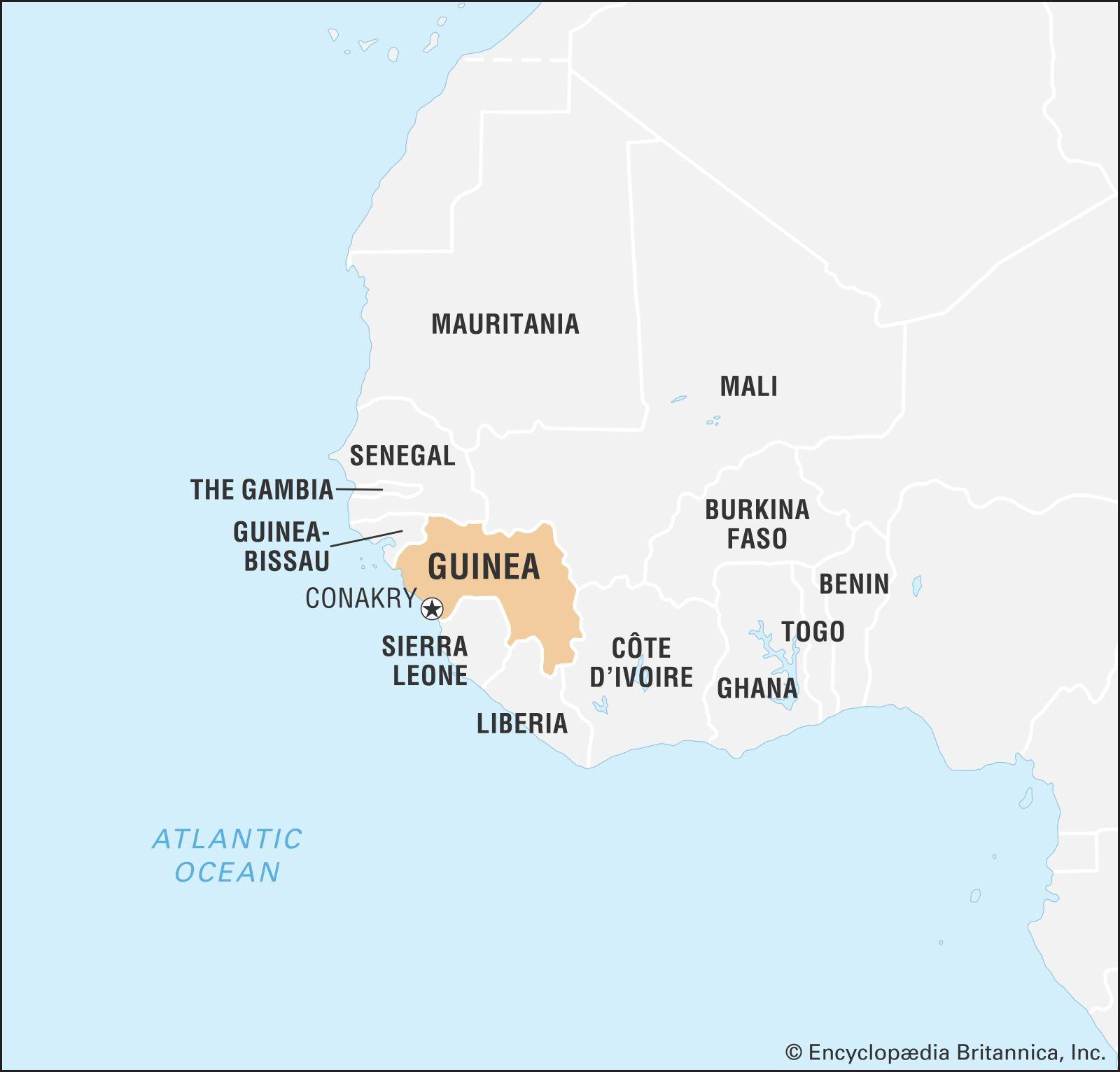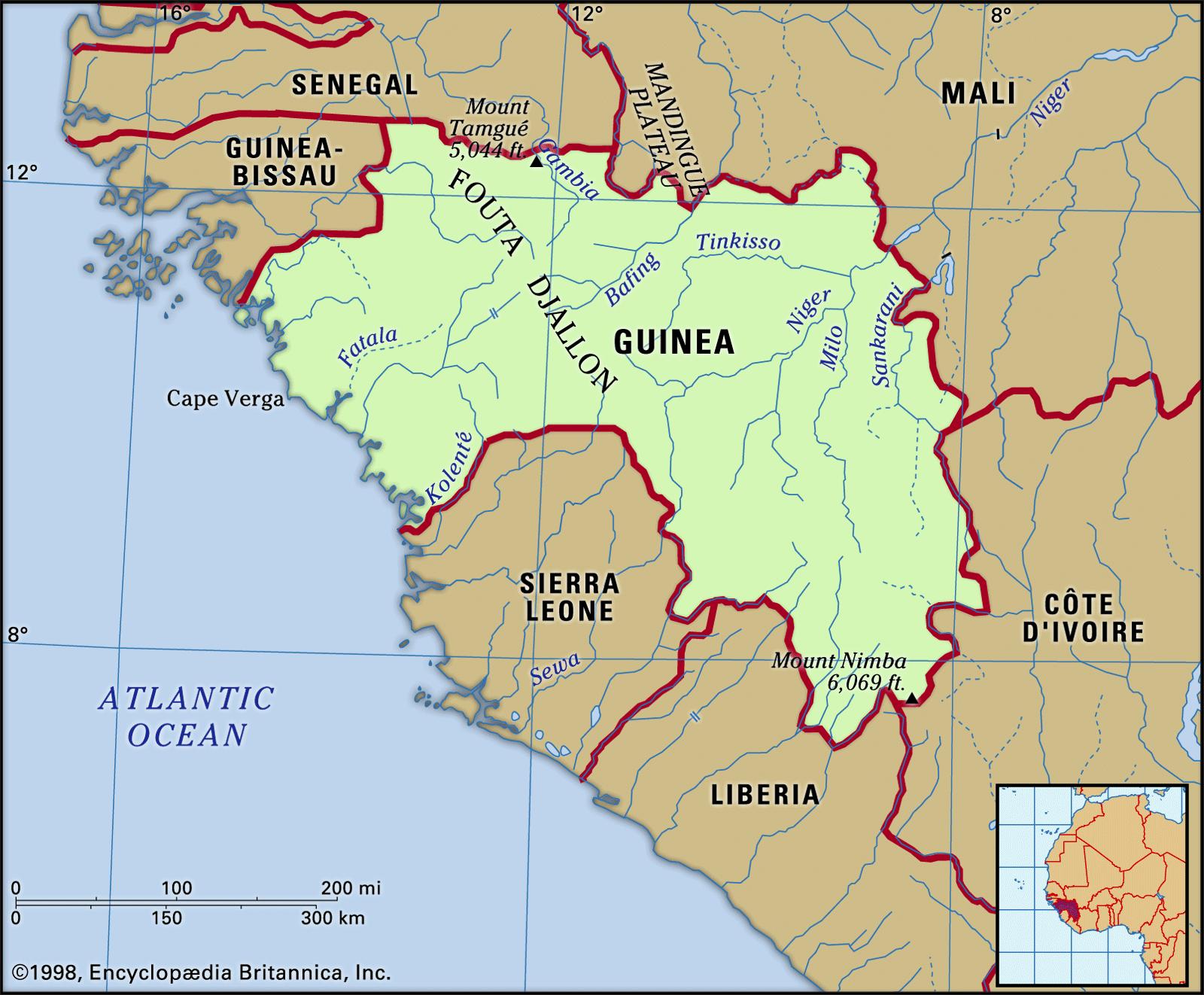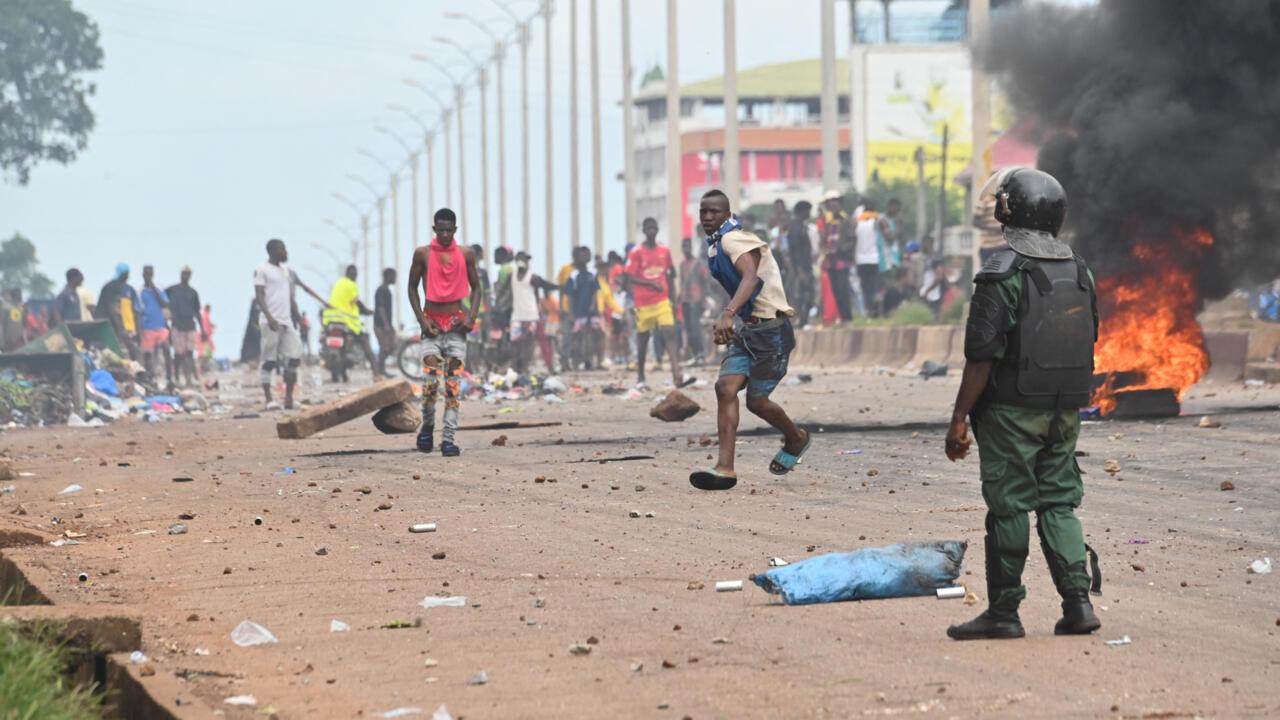Opposition coalition Challenges Legitimacy of Junta Governance
In a bold move signaling their defiance against the ruling junta, Guinea’s main opposition parties have officially declared their refusal to participate in the legislative body formed under military governance. They argue that the juntaS grip on power lacks legitimacy, driven by a series of undemocratic actions that undermine both the electorate’s will and the nation’s legal framework. This coalition contends that any legislative decisions made under the current regime are inherently flawed, and as such, they have mapped out a series of demands aimed at restoring democratic norms. They insist that true political representation, free from military interference, is essential for the country’s return to stability and progress.
The opposition’s call to withdraw from the junta-led assembly comes amid growing public discontent regarding the regime’s authoritarian practices. Party leaders have highlighted several key grievances, including:
- The suspension of basic political rights: The junta has been accused of stifling dissent and curtailing freedoms that are vital for a functioning democracy.
- Lack of transparency: The coalition asserts that the junta has failed to provide adequate information about its governance, leaving citizens in the dark about critical decisions affecting their lives.
- repression of political opposition: With numerous arrests of opposition figures, the prevailing climate is one of fear rather than of healthy political discourse.
They demand immediate action to set a timeline for a return to civilian rule, emphasizing that any future governance must arise from a process inclusive of all political voices to ensure fairness and legitimacy.

Implications of Withdrawal for Guineas Political Landscape
The recent call by Guinea’s main opposition parties for a withdrawal from the junta-led legislative body has shaken the foundations of the nation’s political framework. This move is seen as a direct challenge to the transitional government led by the military, which has been under scrutiny for its delayed progression towards democratic governance. If the opposition aligns on this common front, it could perhaps consolidate their power and reinvigorate efforts to unite various factions disillusioned with the current regime. Key implications include:
- Increased polarization within the political landscape, leading to heightened tensions between the junta and opposition forces.
- Potential for civil unrest as supporters of the opposition rally for their right to representation and transparency.
- international scrutiny that may arise from the move, prompting calls from abroad for adherence to democratic norms.
Furthermore, the opposition’s strategic withdrawal could signal to the military junta that its authority is being contested, which may encourage more grassroots movements. This potential shift in dynamics might prod the junta to either accommodate some opposition demands or, conversely, to adopt repressive measures to quell dissent.Possible outcomes to consider include:
- A fragmented opposition if not all groups agree on the withdrawal, leading to weakened leverage against the junta.
- Increased dialog possibilities, where the junta might seek negotiations in a bid to restore some legitimacy.
- Emergence of a new political alliance as various factions of the opposition could unite to present a more formidable challenge.

Calls for international Support in Restoring Democratic Processes
The recent call from Guinea’s main opposition parties to withdraw from the junta-led legislative body has ignited a fervent appeal for global intervention. Activists and political leaders are urging the international community to recognize the pressing need to restore democratic processes that have been undermined as the military takeover. They advocate for the establishment of a credible electoral framework and the need for fair representation, as these elements are crucial for re-establishing trust among the populace and ensuring political stability.
To effectively support the call for restored democracy, several key actions are being proposed by proponents of change:
- Impose targeted sanctions on the ruling junta to signal disapproval of their actions.
- Facilitate dialogue between opposition parties and the current leadership to encourage a peaceful transition.
- Support civil society organizations that work towards promoting democratic norms and human rights.
- Monitor the situation closely and provide periodic assessments to the international community.
The involvement of international actors is deemed essential not just for immediate political reforms but also for sustainably strengthening democratic institutions that have been weakened. Without timely intervention, there is a real risk that the current environment will dilute the democratic aspirations of Guineans and further entrench authoritarian rule.

Future Prospects for Civil Society Engagement in Guineas Politics
As guinea navigates the complex landscape of post-coup politics, civil society engagement remains crucial for fostering a truly democratic environment. In the wake of the main opposition parties’ recent call to withdraw from the junta-led legislative body, the role of civic organizations and grassroots movements cannot be understated. Their involvement will be pivotal in advocating for transparency, accountability, and sustained dialogue between the various political factions. Key areas where civil society can contribute include:
- Strengthening Democratic Norms: Promoting education on electoral processes and the importance of citizen participation.
- Facilitating Dialogue: Bridging the gap between the junta and opposition groups to foster a culture of negotiation.
- Monitoring Human Rights: Keeping a close watch on the government’s actions to ensure respect for civil liberties.
Furthermore, the active participation of civil society could shape the future governance landscape by empowering communities to express their demands and grievances. By leveraging technology and social media,these groups can mobilize grassroots support and raise awareness about key issues that effect daily life in Guinea.This approach could lead to a more informed citizenry, capable of holding leaders accountable and advocating for policies that reflect the populace’s needs. Possible focuses for the coming years might encompass:
- Advocacy Campaigns: Amplifying underrepresented voices in political discussions.
- Youth Engagement: Mobilizing young people to become politically active and involved in civic duties.
- Network building: creating alliances between various civil society organizations for collective action.
